Episode 8: What is conscious parenting?
In this episode, you’ll hear Cynthia Eidelmen and I discuss:
How did you start working with parents?
After years of experience working with children, I realized kids thrive when they feel supported. So, I started focusing on working with parents to make a bigger impact.
What is conscious parenting?
It is understanding how your past affects your present, how your childhood and the way that you related or were raised by your main caregivers… it’s how that relationships shaped you and embedded all these core beliefs into your head of how things should be.
It affects how you expect children to act or how parenthood should be
It is awareness of your behavior and feelings.
What is a trigger?
A trigger starts with something that has a strong emotional impact on you; it’s your body telling you that something is wrong.
This shows itself differently with every person: it can be physical anger, a temperature change, or something else.
It is how anger or frustration shows up in your body. It can be a previous memory or experience affecting how you react now.
How can parents become better informed about handling triggers?
“The work in conscious parenting takes time and it’s constant.”
Once you identify the triggers, they don’t disappear.
You can work on mindfulness: journaling, meditating, affirmations. This calms your mind so you can better handle the triggers.
You can speak with your partner / support person, or one-on-one with a therapist.
Why do birth parents struggle to invest in their mental health?
We feel guilty. We are more prepared to invest in our children than ourselves.
We don’t see that taking the time to care for ourselves will improve our relationships with our children.
What are myths about conscious parenting that aren’t true?
Identifying triggers doesn’t make them disappear. You’ll be more prepared to catch them earlier and process it faster. It happens less often.
Conscious parenting doesn’t make children’s tantrums disappear.
People believe that conscious parenting is permissive, but there are boundaries and non-negotiable.
How can you negotiate if parents have different parenting styles?
Determine your “why” and your non-negotiables.
Sit down with your partner / co-parent to learn their non-negotiables.
Work to meet in the middle, and give each parent a voice.
What is a secure attachment?
It is a parent that is attuned to your child and responding to their child’s needs more often than not.
It is listening to your child’s verbal and non-verbal cues and validating their feelings.
What is reparenting?
It is listening to your inner child and meeting those unmet needs from childhood.
It is validating yourself and honoring yourself and the needs of yourself as a child.
You can tell yourself the things you wanted to hear as a child.
It’s parenting yourself alongside your children.
Where can you start if you want to find a parenting style?
Work with a therapist or coach to learn more about yourself and your inner child.
Then, quiet the noise of parenting advice.
Finally, narrow your focus to one or two parenting styles. Also, remember you can change your mind.
Where can people find you?
You can find Cynthia’s freebie on affirmations here! And you can find her on her website and Instagram.
Enjoy the episode!
Cynthia is a bilingual Licensed Marriage and Family Therapist and conscious parenting coach. She is also a mom of two kiddos under 5 years old, navigating motherhood, marriage and life, while working with moms who are ready to uplevel their motherhood journey. Cynthia helps you pinpoint your values, attachment style and goals, while helping you develop healthier boundaries, communication skills and routines. After having experienced her own postpartum anxiety journey, she wants to help you find your voice again.


